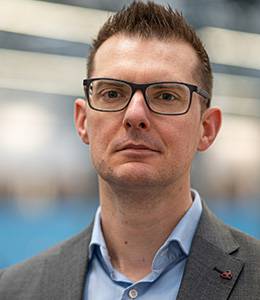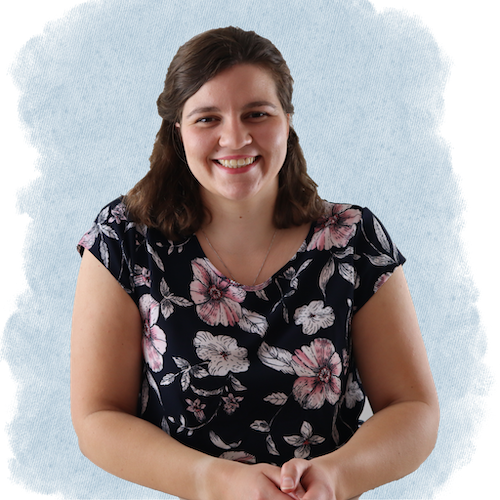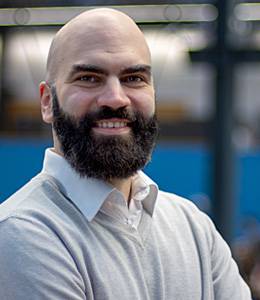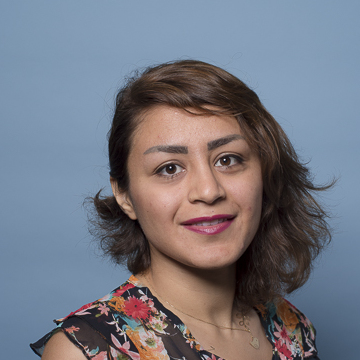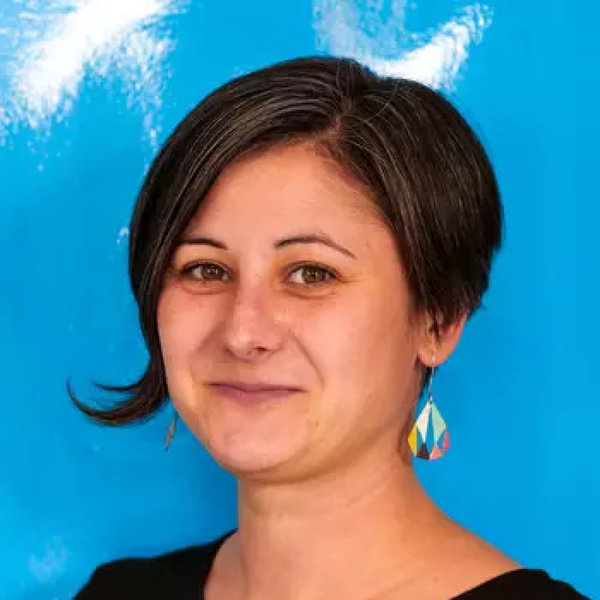Five grants awarded to EEMCS projects by Open Education Stimulation Fund
The Open Education Stimulation Fund (OESF) 2023 has awarded grants to 5 project proposals by EEMCS educators and researchers. A total of 13 TU Delft proposals have received the grant. The OESF encourages TU Delft staff to innovate their teaching with open educational resources and open practices.
A brief introduction to all the proposals that were awarded grants and their project teams is provided below.
Open, online, and subject centred practice material for fundamental courses in economics
- Sander Renes (TPM)
- Tom Vroegrijk (EEMCS)
- Rutger van Bergem (TPM)
This proposal is aimed at engaging students in solving mathematical problems within an economic framework, and enhancing their understanding of the intricate relationship between mathematics and economics in our own mathematics and economics education. These open source exercises are directly available on an open platform, so that they can form the basis for a community of economic teachers and students to create, expand, and improve the exercises over time.
Towards Open Inclusive STEM Education
- Shirley de Wit (EEMCS)
- Jorge Martinez Castaneda (EEMCS)
- Sanne Alblas (EEMCS)
- Efthimia Aivaloglou (EEMCS)
- Hanno van Keulen (AS)
- Ajay Jagadeesh (CEG)
- Anandini Jayanthi (AE)
- Isabelle El-Hajj, PhD student (AE)
Women are underrepresented in many Science, Technology, Engineering and Mathematics (STEM) fields. This is reflected at TU Delft, with 31% of the BSc and MSc students being women. These percentages vary per faculty, ranging from 57% to 15% female students, with EEMCS and AE having the lowest percentages. Increasing these numbers would benefit both the economy and society.
Education and teachers play an important role in the lack of women in STEM fields. This project wants to support and educate teachers on the meaning of inclusive education, provide them with the tools to implement this knowledge, and collect open education resources and examples that they can reuse in their own education. Although initially motivated by a lack of women in STEM, this project aims to include other minorities and diversity aspects where possible.
Illuminating the Energy Transition
- Milos Cvetkovic (EEMCS)
- Aihui Fu (EEMCS)
- Peter Palensky (EEMCS)
- Abhigyan Singh (IDE)
- Natalia Romero (IDE)
In this project, educators from EEMCS and IDE come together to develop a new style of hands-on teaching: the students learn by using TU Delft’s own Illuminator toolkit that models a variety of energy eco-systems in the energy transition. This mix of software and hardware allows students to experiment with various energy system configurations by replacing fossil fuels with renewable sources, digitalizing the grids, and changing the way the energy stakeholders interact through, for example, energy cooperatives or peer-to-peer markets. The best part, all of this happens on the tabletop in front of the students during the lecture hours in any lecture hall on campus.
Enhancing Electrical Engineering Education: A Digital Twin and Interactive Manual for Dynamic Hands-On Learning
- Bahareh Abdi (EEMCS)
- Alle-Jan van der Veen (EEMCS)
- Mahdi Izadkhast (EEMCS)
- Ilke Ercan (EEMCS)
- Serdar Asut (ABE)
This project aims to revolutionize the learning experience for students in the Electrical Engineering (EE) BSc program at TU Delft. The project focuses on developing a digital twin of physical lab hardware, integrated within an interactive Jupyter textbook. This innovative approach will provide students with a simulated environment for algorithm testing before implementing them in the physical lab, overcoming constraints and enhancing accessibility.
Open Education Stimulation Fund
The TU Delft Open Science programme puts a strong emphasis on developing Open Education as one of its main project pillars. Open education brings together educational innovations such as the increasing role of digital technologies in education, blended learning, and the increasing of students’ autonomy in educational processes, and couples these with values of diversity and inclusion.

